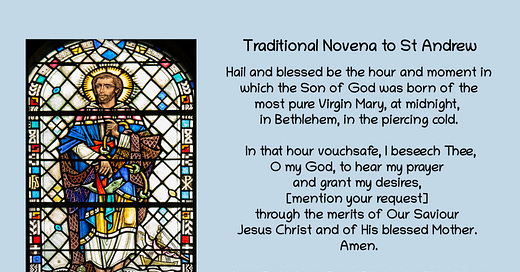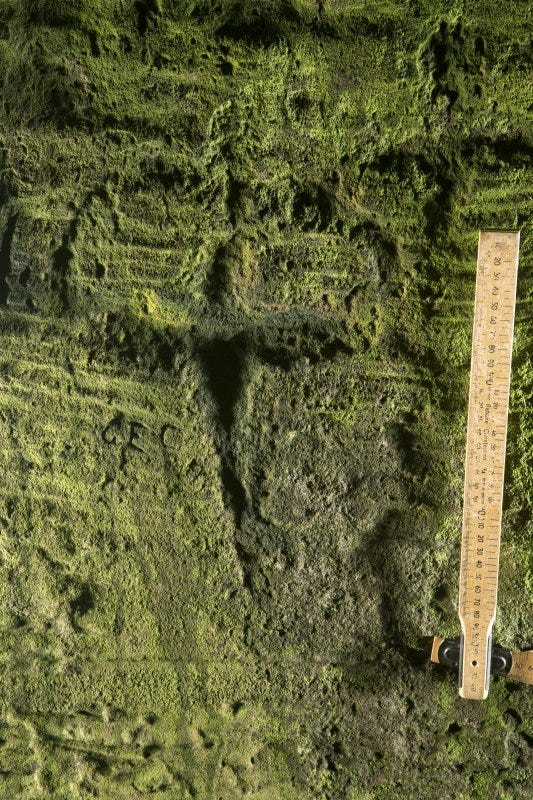St Constantine III, Feast Day 6th December, 915AD
St Constantine III was King of the Scots reigning for more than forty years before taking on the pilgrims staff and retiring to ‘the monastery on the brink of the waves and died in the house of the Apostle’. This is supposedly referring to St Andrews where he lead a ‘Culdee’ before his death. There is also Constantines Cave on Fife Ness near Crail just south of St Andrews. The cave itself has crosses incised within it and was a site of pilgrimage.
St Buite, Feast Day 7th December, D.521AD
St Buite was of Irish origin and was compared to the Venerable Bede in a Latin vita written of him in the 12th Century in Melifont Abbey in Co.Louth which was near or possibly was the monastery our Saint formed after his travels. St Buite went to Italy and after a period there made his return journey with copies of Holy Scripture, vestments and relics. Whilst passing through Germany he appears to have picked up some followers who desired to live under his rule and together continuing West found there way to Northern Britain and the land of the Picts. St Buite prayed for the healing of the local King (or his daughter) and was thus rewarded with the fort in which the miracle took place. This was possiby Kirkbuddo in Angus or nearby Dunnichen. He then continued on his way and passing via Co.Antrim in Ulster established ‘the Monastery of Buite’ in Co. Louth.
St Obert, Feast Day 11th December
Nothing is known of our Saint but there was a very vibrant cultus around him in Perthshire and was patron of Perth bakers. On December 10th Obert’s Eve there would be a torchlight procession of mostly apprentice bakers with one wearing the ‘devils coat’ and a horse shod in mens shoes. By 1581 processions and fairs such as these were unwelcome to the Puritans and the local Kirk outlawed them ‘especially against the Sanct Obert’s Play’. However the bakers were not to be deprived of what probably became a bit of fun and less about the holy life of a Saint and so in 1587 once again the Kirk required [the bakers] ‘to take order for the ammendment of the blasphemous and heathenish plays of Sanct Obert’s pastime’. However an example had to be made of these heathenish bakers and in 1587/88 a group of these ‘insolent young men’ were imprisoned for continuing in the ‘idolatrous pastime’ of St Obert’s play. Not only were they fined they could also find themselves exiled from Perth. No other references were made again to St Obert which probably means the practice had finally been quashed by our zealous Kirk.






